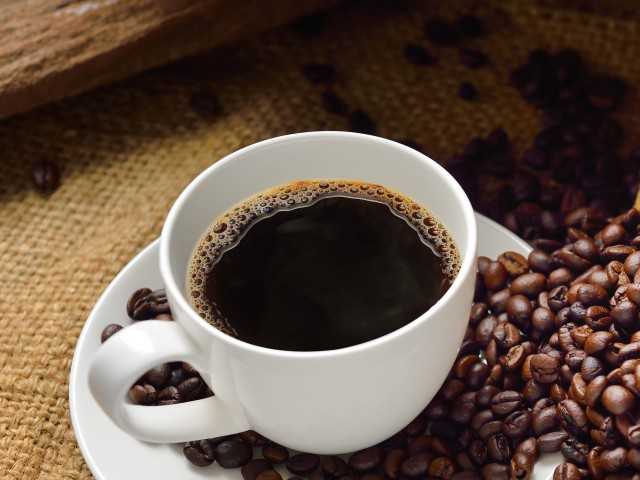Nothing beats a well-made barista coffee on a weekday morning: the golden-brown crema; the swirl of velvety milk; the rich, complex taste explosion.
The only problem is, frequent jaunts to the local cafe can cost both employees and employers, raising the question of why more workplaces don’t shell out for a proper, cafe-quality machine.
This is exactly what CourierPost’s head office in Auckland did after completing a thorough cost-benefit analysis.
Chris Till, the then-human resources manager at the company, said once he crunched the numbers, management instantly jumped on board.
“We wanted to see what the benefit of installing barista-quality coffee machines was when we were doing an office refurbishment,” Till said.
He found that the purchase of three professional coffee machines for the 350 or so employees saved the company at least $15,000 – $20,000 per year.
Till, who is now chief executive of the Human Resources Institute of New Zealand , broke the process down into two steps.
Firstly, he worked out the cost to the company, taking into account installation, rent, servicing and maintenance of the machines.
“They were really top-end machines we were installing, from memory they about five or six thousand dollars, plus.”
Secondly, he looked into the benefits, namely “saved staff time”.
Through consultation with staff, Till calculated the average time taken to get a coffee daily, weekly, monthly and then yearly.
“Then you can form a financial calculation from that,” he said.
When Till found the benefits outweighed the costs, “it was a real no-brainer for the executive team”.
On top of the saved staff time was the physiological impacts it had on staff.
“The main benefit really, was on creating the experience for the workforce that said ‘Wow, they actually think enough of us to have these great machines here’,” he said.
“Staff were delighted that leadership had actually been thoughtful, that they’d listened to what staff had said.”
Till said there was the small issue of training, however: staff had to get used to the grinding, tamping, extracting of the coffee and frothing of the milk that came with operating the specialist machines.
“They were very intuitive and easy to use, actually the test we used on that was we got me to try it out, and me being English, I don’t really drink much coffee – I’m naturally a bit of a tea drinker – but I managed just fine!” he said.
Till recommended the concept to other companies looking for a staff pick-me-up.
“From a productivity standpoint, there was a noticeable reduction in the number of people who were going out to get a barista coffee,” Till said.
“It has to be good coffee though,” he added.
Another company which has latched on to the idea is Trade Me, which has a total of nine barista-grade coffee machines in their Auckland, Wellington and Christchurch offices to complement their slides, bean bags, pool tables and a beer tap (for Fridays only).
Trade Me spokesman Logan Mudge believed that as well as being a time saver and productivity booster, they are also catalyst for staff cohesion, serving as a “modern day water cooler”.
“The coffee machines are a magnet for people where you can catch up with folks across the business and get your pick-me-up sussed,” he said.
“A number of the team are very handy part-time baristas and they get a lot of kudos for their skills behind the machine. If you’re into your coffee it’s in your best interests to make friends with these people!”
Mudge said that working hard to keep staff happy and engaged was one of their most successful business strategies.


















